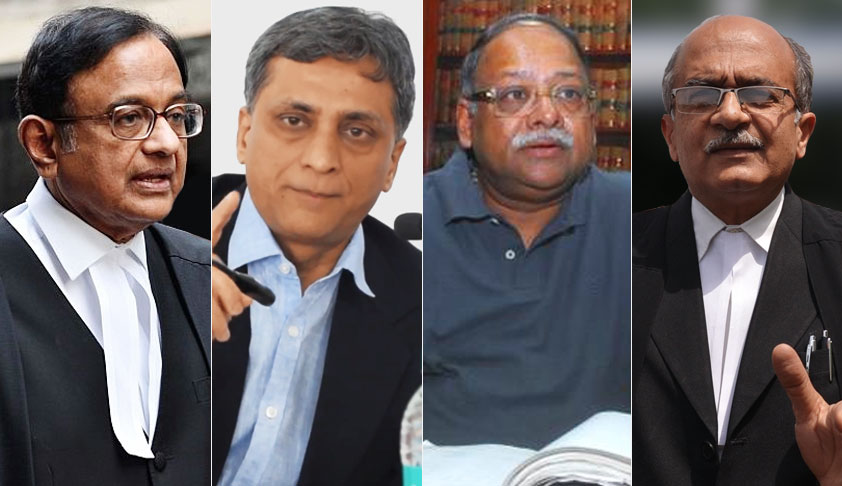SC Permits Punjab And Haryana DGPs To Continue In Office Till Jan 31, 2019
MEHAL JAIN
12 Dec 2018 7:40 PM IST

Next Story
12 Dec 2018 7:40 PM IST
The Supreme Court bench of Chief Justice Ranjan Gogoi and Justices S. K. Kaul and K. M. Joseph on Wednesday permitted the incumbent DGPs of the states of Punjab and Haryana, whose terms expire on December 31, to continue in office till January 31, 2019.The bench also allowed the original petitioners in the Police Reforms case (Prakash Singh v. UOI; 2006) to file their objections to the...
